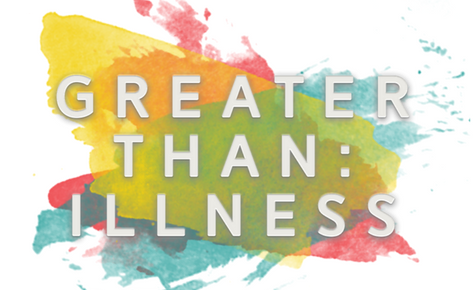By Kimberly Zapata
Depression is a funny thing. I mean, it isn’t ha-ha funny or even remotely humorous, but it is unpredictable. And when you have depression, it doesn’t just affect you. It affects everyone around you. I’m not implying that my friends and family are “depressed by association,” nor am I trying to undermine the seriousness of the disease, but when you’re living with depression, as I have been for the past 16 years, you realize that your diagnosis expands to more than just you. My depression has played a role each and every relationship I’ve ever had (and probably ever will). But the one relationship most affected by my depression has been my marriage.
When I was 15 years old, I knew something wasn’t right. (If I’m honest, I actually knew things were wrong long before that.) I was sleeping more and eating less than I ever had been. Things I once loved doing — like drawing and singing, writing, and flipping through the pages of Teen Beat magazine — became dull and mundane, and when I did write, all my stories and poems were dark. They were full of pain and angst, all conveying the same message: Life is hopeless, and so am I. When I did sing, the lyrics I found comfort in were desperate, gloomy, grim, and heavy. And when I did read, it was pieces from authors like Sylvia Plath, Charlotte Perkins Gilman, Emily Dickinson, and Virginia Woolf — the words of distressed, troubled, and pained writers.
In so many ways, only in the darkness did I feel seen and understood.So I embraced it. I clung to every sound and every word with all the strength I could. Instead of crying, I sang. Instead of cutting, I screamed. And when I felt most desperate I wrote, intensely and feverishly, what I can best describe as suicidal poetry. Caring for myself like this helped, at least for a little while, but before long I was back where I’d started: feeling completely and utterly worthless. That’s when the self-harm began. Then came the isolation. And then I tried to kill myself.

